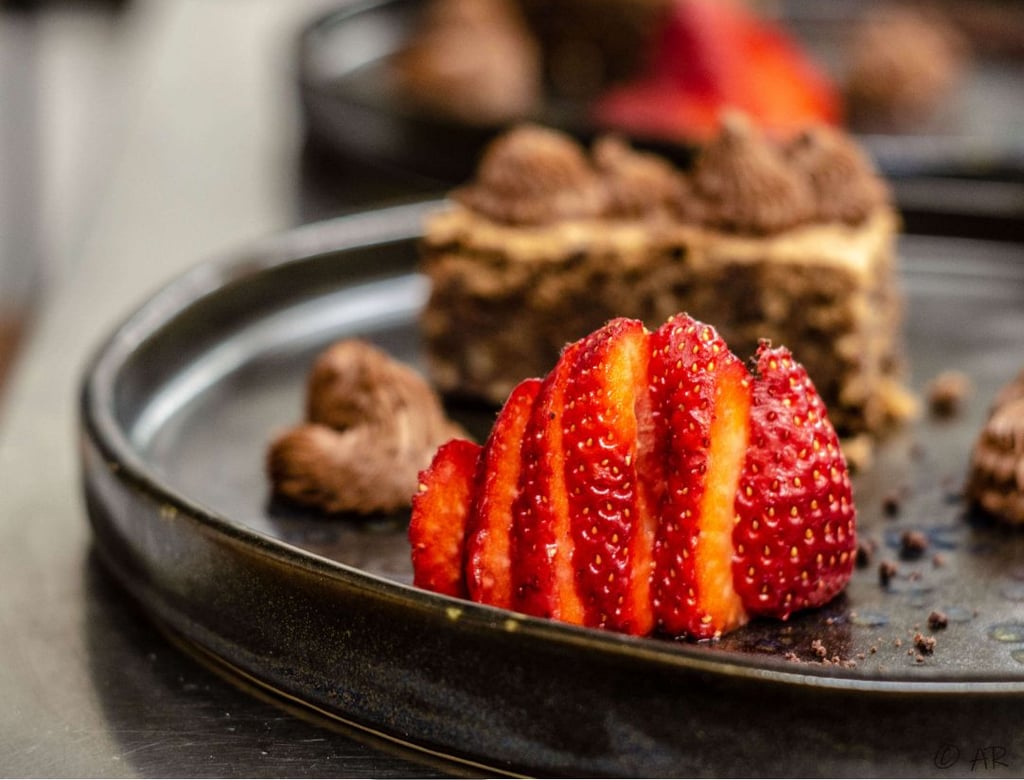

99TravelSafe.com
The Website For The Smart and Savvy Traveler
12 - Safe Food and Drink for Travel
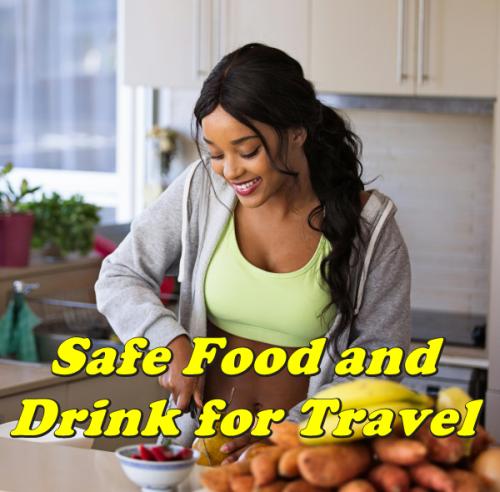

Safe Food and Drink for Travel
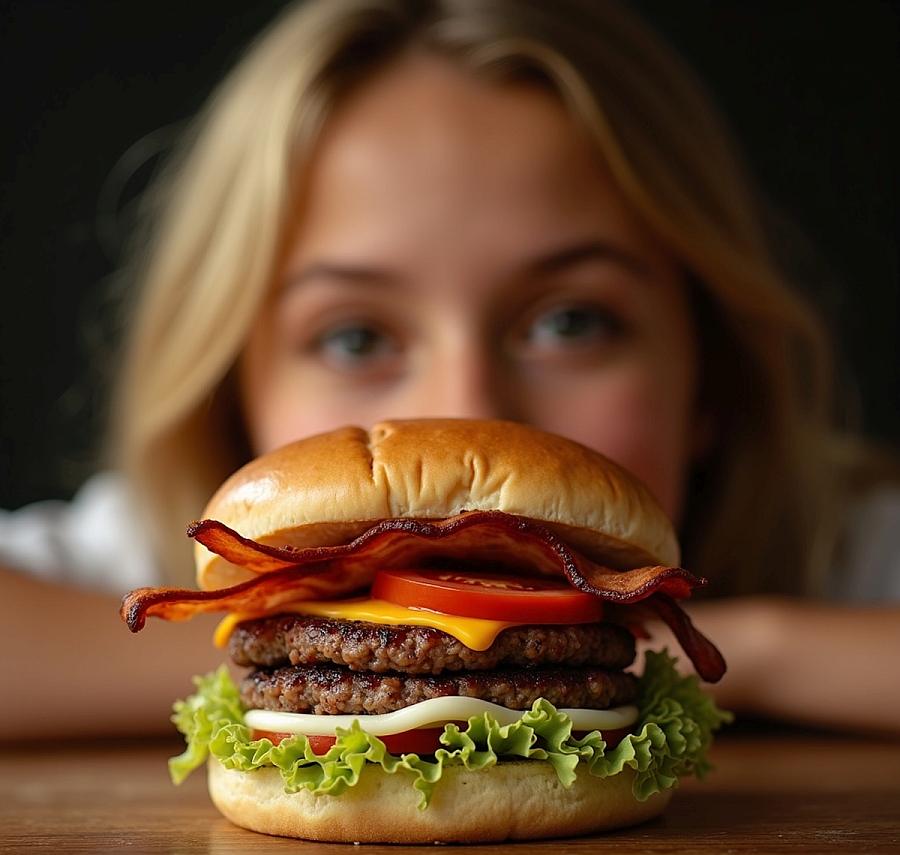

ALWAYS wash your hands after going to the toilet, before handling food and before eating!
Eat freshly cooked food that is thoroughly cooked and is still hot!
Generally UNSAFE Foods:
Salads, uncooked vegetables, unpasteurized milk and milk products such as cheese, undercooked and raw meat, fish and shellfish. Tap water in most countries
Generally SAFE Foods:
Beverages, such as tea and coffee, made with boiled water
Canned or bottled carbonated beverages, including carbonated bottled water and soft drinks
Food that has been cooked and is still hot!
Fruit that has been peeled by the traveler personally!
Reduce Risks from Food and Drink by:
-- Drink only water that you have boiled or treated with chlorine or iodine
-- Other safe beverages include tea and coffee made with boiled water and carbonated bottled beverages with no ice
-- Make sure all vegetables are cooked
-- Do not eat from a buffet that has been allowed to stand for several hours at an ambient temperature!
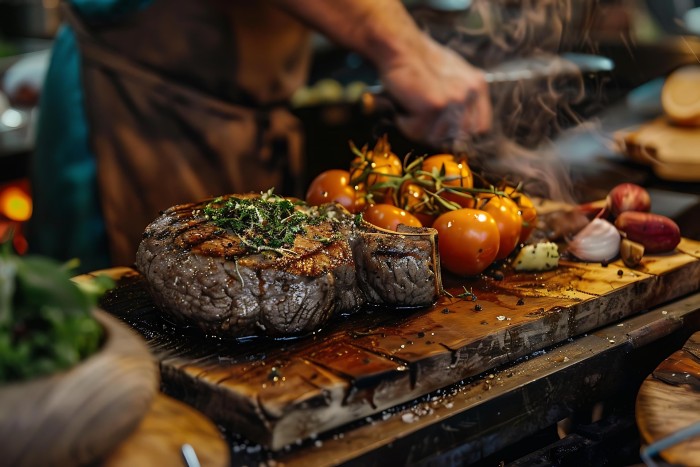


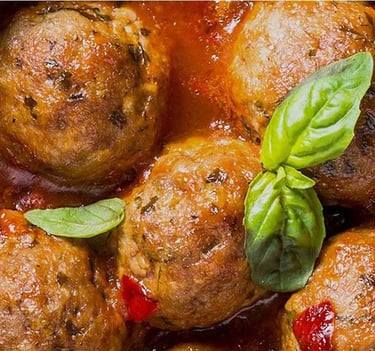
More on Safe Food and Drink for Travel


Most germs require a damp environment to grow, so foods that are dry, such as potato chips, are usually safe
If preparing baby formula milk, make sure to use a safe source of water!
If you choose to eat street food from street food vendors, follow the same food safety rules as with other foods. For example, avoid raw vegetables and eat food cooked and steaming hot
Do not drink the tap water in countries where the tap water might be contaminated
Hot coffee or tea should be safe if it is served steaming hot
Pasteurized milk from a sealed bottle is usually safe to drink!
Fruit juice is only safe if you have squeezed the fruit yourself
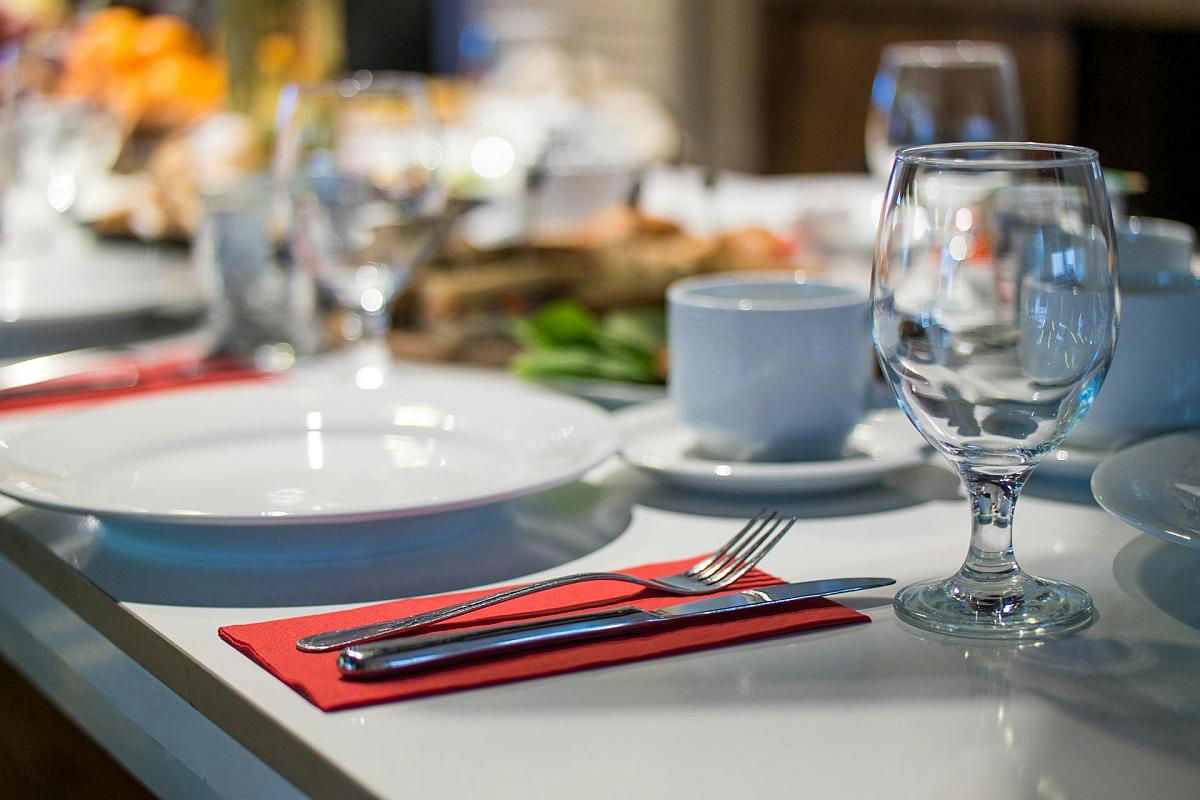

General Food Safety Guidelines:


Cooked Food: Foods cooked at high heat are usually safe to eat!
Avoid Room Temperature Food: Be cautious of food cooked and kept warm or at room temperature, such as buffets
Be Careful with Raw Foods: Raw meat, seafood, and salads may be risky due to potential contamination
Peeled Fruits: Eat only fruits you have peeled yourself to avoid potential contamination from local water
Dry Packaged Food: Dry, packaged, and factory-sealed foods (like chips, bread, and canned tuna) are generally safe, as long as the packaging is not damaged
Choose Hot, Freshly Prepared Food: Select hot, freshly prepared local dishes, especially in busy restaurants!
Avoid Unpasteurized Dairy: If pregnant or have a weakened immune system, avoid unpasteurized dairy products like milk, yogurt, and cheese
Street Food: Street food can be a great way to experience local culture, but prioritize hot food straight off the grill
Drink Safety Guidelines:
Bottled Water:
Use bottled water when possible, especially in areas with questionable water quality
Sealed Beverages:
Carbonated beverages, commercially prepared fruit drinks, water, and alcoholic beverages served in unopened, factory-sealed cans or bottles are generally safe.
Avoid Iced Drinks:
Be cautious of drinks served with ice, as it may be made with unsafe water
Boiling Water:
If necessary, boil water for at least 10 minutes to ensure it is safe to drink
Water Treatment:
Water purification tablets or iodine solutions can be used to treat water
Carbonated Drinks:
Carbonated drinks, especially international brands, are low-risk beverages due to the carbonation
Some Additional Tips:
Hand Hygiene: Wash your hands frequently with soap and water, especially before eating
Food Storage: Store food properly to prevent spoilage and contamination
Be Aware of Food Sources: Be aware of the source of your food, especially if traveling to developing areas
Follow these guidelines to have a safe and enjoyable travel experience!
